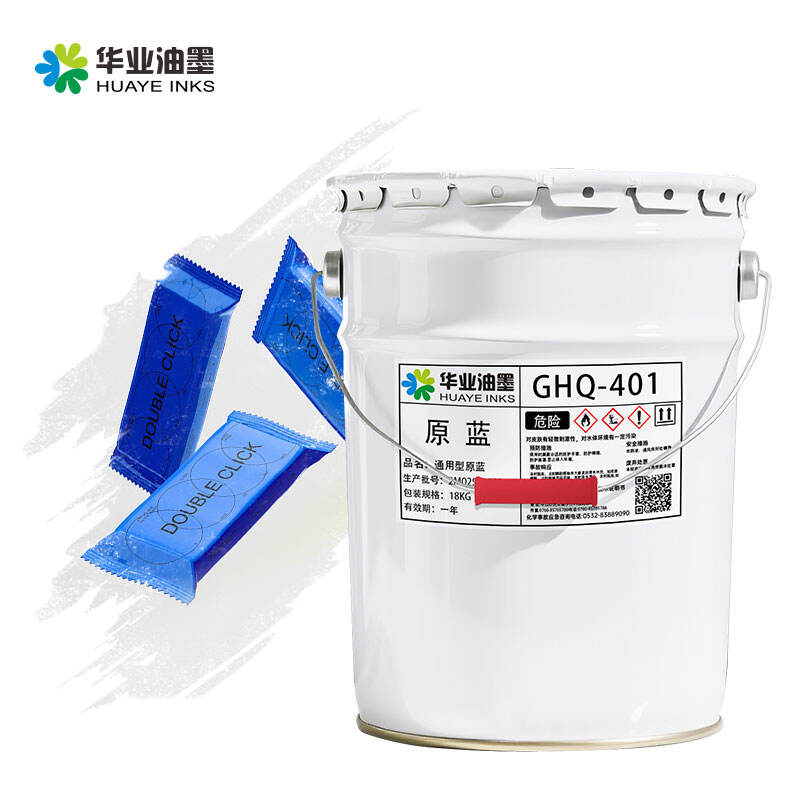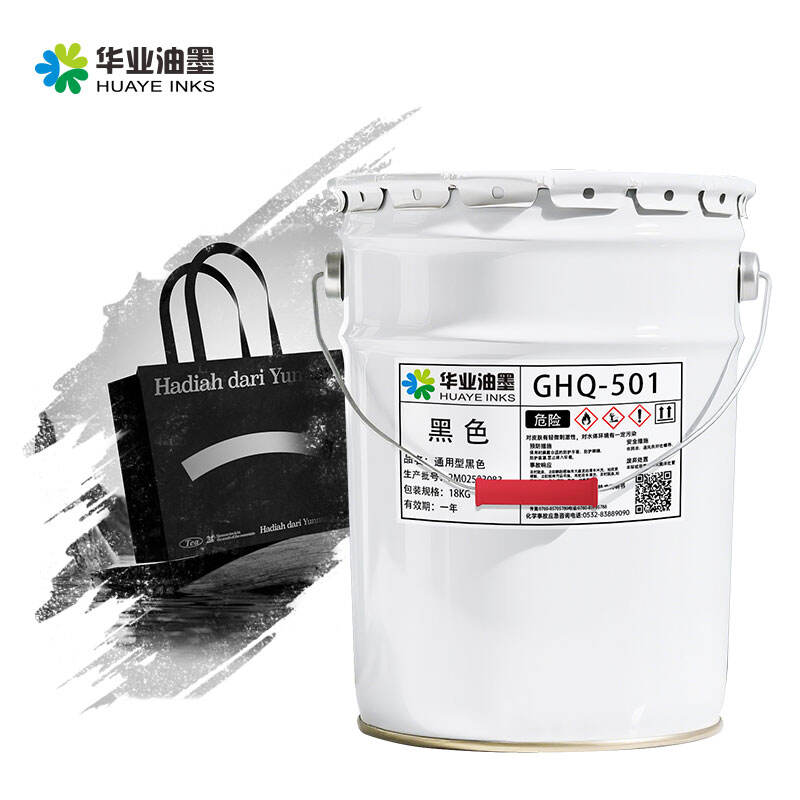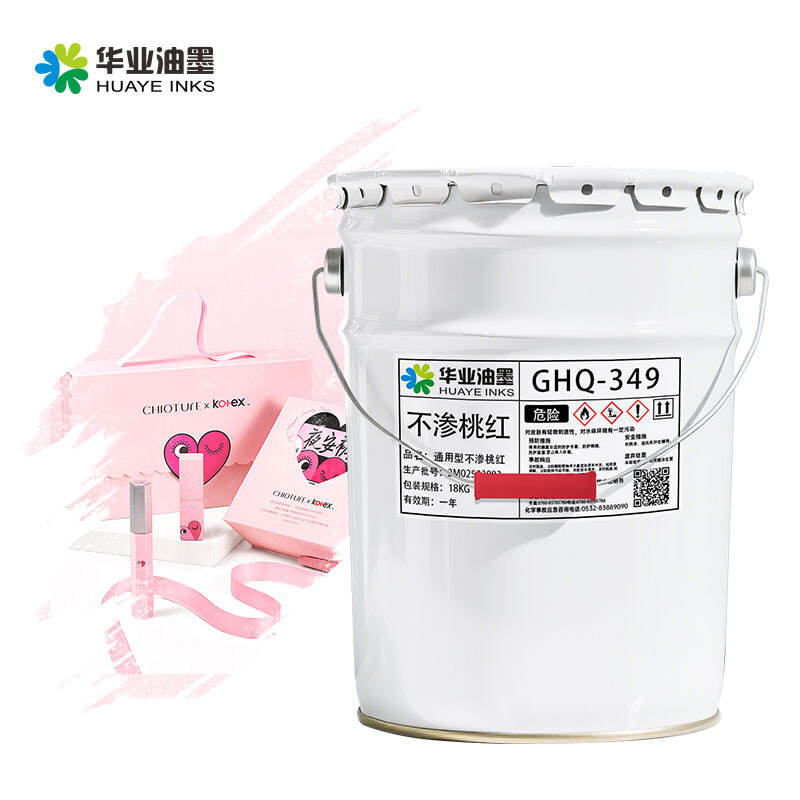No.2 Jieqing Road ,Shazai industrial Park, Minzhong Zhongshan City, Guangdong Province
Solvent ink for wood has emerged as a popular choice for enhancing the aesthetic and functional aspects of wooden products through printing and decoration. Wood, with its unique texture and porosity, presents both challenges and opportunities for ink application, and solvent inks have been developed to overcome these challenges and deliver high - quality results. One of the primary advantages of solvent ink for wood is its excellent adhesion. The solvents in the ink can penetrate the pores of the wood surface, allowing the pigments and binders to bond effectively with the wood fibers. This strong adhesion ensures that the printed designs remain intact even when the wood is subjected to various environmental factors, such as changes in humidity and temperature. Whether it's printing logos, patterns, or text on furniture, wooden signage, or decorative wooden items, solvent inks can provide long - lasting prints. The color performance of solvent ink on wood is also notable. These inks can produce vibrant, rich colors that enhance the natural beauty of the wood grain. The pigments are carefully selected to ensure good color saturation and lightfastness, which is important for maintaining the visual appeal of the printed wooden products over time. For example, in the production of wooden picture frames or custom - printed wooden boxes, solvent inks can add a touch of elegance and uniqueness. Solvent ink for wood also offers good resistance to abrasion and moisture. Wooden products are often used in daily life and may be exposed to scratches, bumps, and spills. The ink forms a protective layer on the wood surface that can withstand these mechanical and environmental stresses, keeping the printed images from fading or being damaged. This makes it suitable for both indoor and outdoor wooden applications, such as garden furniture and outdoor wooden signs. Another benefit is the ability to print on a variety of wood finishes. Whether the wood is raw, stained, or painted, solvent inks can adhere well and produce high - quality prints. This versatility allows manufacturers and artisans to create a wide range of customized wooden products with different aesthetic effects. However, similar to other solvent - based inks, solvent ink for wood requires proper handling and ventilation during the printing process due to the presence of volatile solvents. There is also a growing trend in the industry to develop more eco - friendly solvent ink formulations for wood to reduce the environmental impact while maintaining the excellent printing performance.


